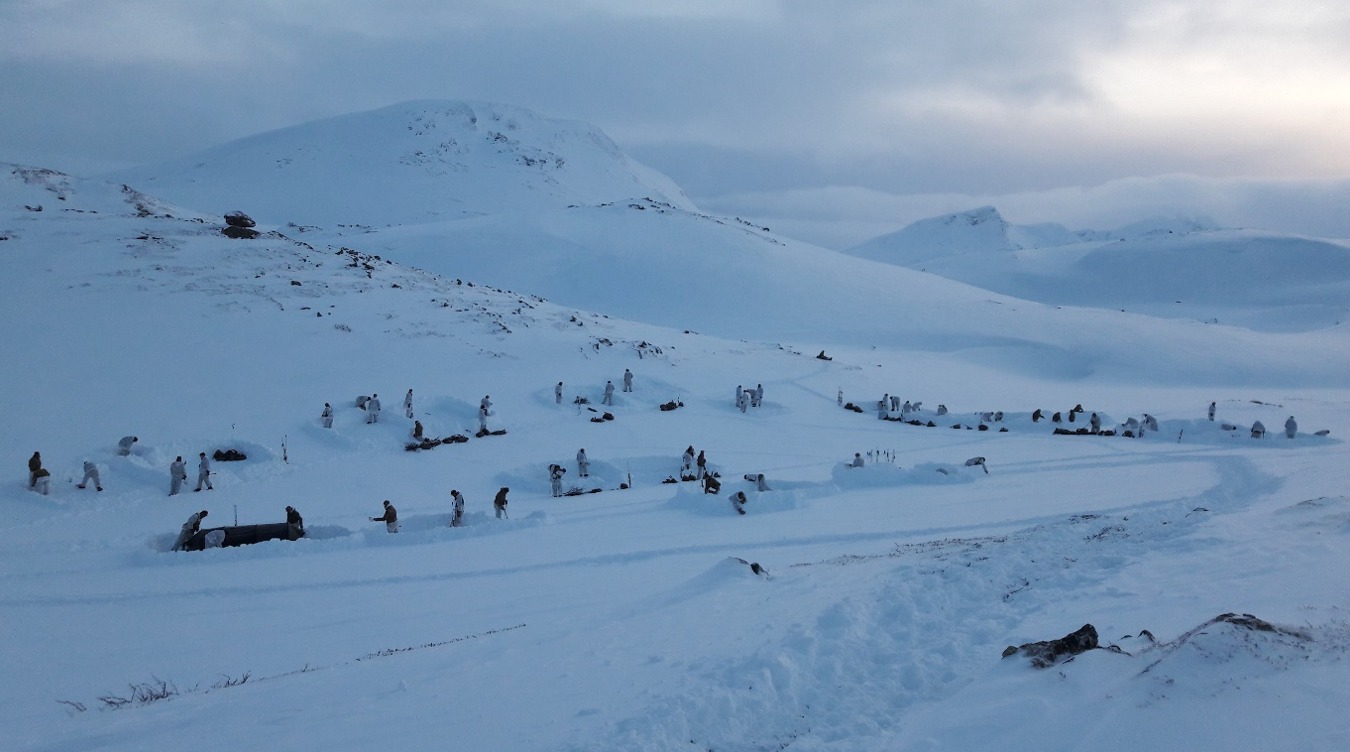
DIAS Talk: “UK Defence and a Changing Arctic” by Professor Caroline Kennedy-Pipe, University of Loughborough (UK)
DIAS Talk: “UK Defence and a Changing Arctic” by Professor Caroline Kennedy-Pipe, University of Loughborough (UK).
Date: Friday 14th April
Time: 13:00 – 14:00
Location: DIAS Seminar Room, DIAS Building.
During the Cold War, the Arctic was the site of intense strategic nuclear competition between the USSR and the West. Under the ice, nuclear submarines played cat and mouse with each other while the Arctic land mass was home to key strategic sites such as the American base at Thule in Greenland and the Soviet naval base at Murmansk. During the beginning of the 21st Century and a decade after the collapse of Communism though that rivalry seemed but a distant memory: attention had turned to the events and challenges posed by the attacks of 9/11. The wars in Afghanistan and Iraq meant that war had become the business of the arid desert not the frozen ice. The Artic region seemed peaceable, a zone of cooperation not competition and a place apart from the hurley-burley of everyday politics. The establishment of the Arctic Council in 1996 signified that the eight Arctic states including Russia were intent on peaceful activities, the fostering of links between coast guards, the welfare of the indigenous peoples and a keen awareness of the damage that climate change was wrecking on flora and fauna.
Always important in geopolitical terms and a zone of strategic nuclear competition during the Cold War, the Arctic is now the site of renewed Russian/Western rivalry and increasing Chinese activity not least because of its burgeoning economic partnership with Moscow. States with pretensions to engage with Polar politics have also grown in number. Greece has asserted its historic ties with the High North, becoming the latest state to recognise that climate change means that ‘what happens in the Arctic does not stay in the Arctic.’
The UK is not an Arctic state but rather positions itself as a near neighbour and of course a committed member of the NATO alliance with key geo strategic interests on the Northern flank and throughout the wider North. While the Integrated Review signalled a ‘tilt’ to the Indo-Pacific, the UK’s essential defence and alliance commitments mandates a Northern strategy. In this Scotland remains a core asset despite recent domestic upheavals and the future of Northern Ireland too is a geostrategic concern. This talk will examine these issues as well as looking at what Finland joining NATO means for the UK as well as the current discussions in the Republic of Ireland on its future defence posture.
Caroline Kennedy-Pipe is Professor of War Studies at the University of Loughborough (UK). Listed by the Guardian as “one of the UK’s leading scholars of war”, Caroline has published extensively on Russia, the Cold War and its legacies, but also the (re)emerging security and geopolitical tension in the Arctic and High-North. Caroline is an adviser to the UK Government’s Defence Select Committee and an affiliate fellow of the DIAS Climate Change and Conflict project.